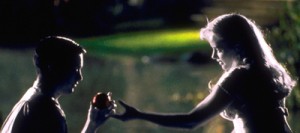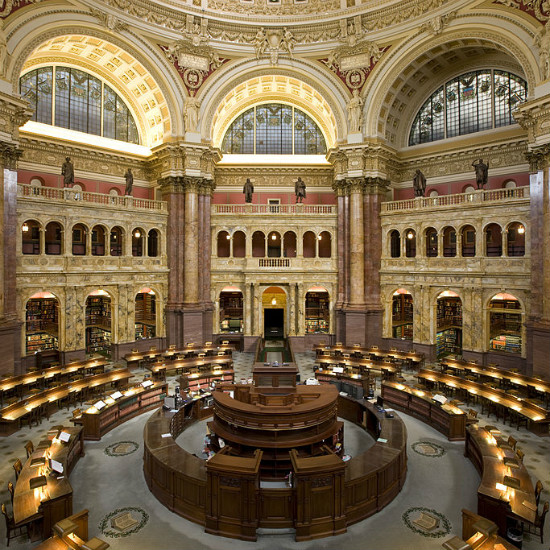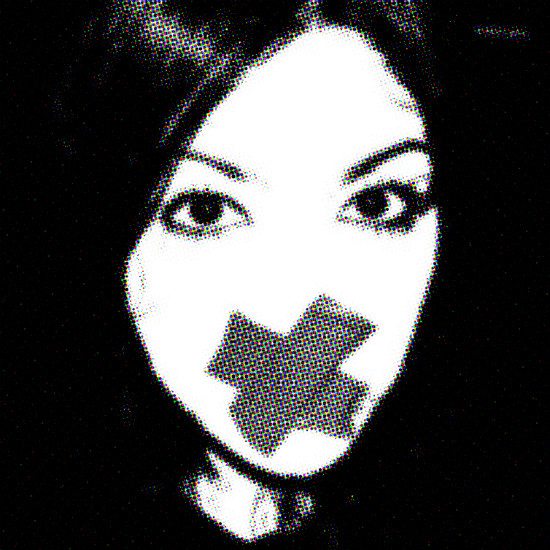
I had work to do, in my hotel room, while attending the great, big Conference on South Asia in Wisconsin this past week. I made the mistake of clicking on the television, which put me in the first few minutes of Pleasantville. That was it for the next two hours. Old Yeller makes me cry, every time. And Pleasantville always hits me right in the weeper. I also play Call of Duty. It’s not like I’m not a manly man.
One of the ways Pleasantville appeals is by affirming that the alienation that everyone feels is the mark of insight into how the world should be. We all like being told that we’re not outsiders because we’re behind, but because we’re ahead of everyone else.
But for someone like myself, whose religious heritage formed under the harsh, aggressive animosity of the United States, the extent to which Pleasantville appeals to the general American population is a delightfully ironic indication that Americans don’t despise Mormonism nearly as much as they think.
The film in a nutshell is this: Don Knotts mystically transports two teenage siblings into a nineteen-fifties television show named Pleasantville, after the town in which the show is set. The teenagers find themselves in the roles of Bud and Mary Sue—show regulars—and face living forever inside the strictly black-and-white, dreadfully cheerful, golden-age-of-tv world. Here, in Pleasantville, where there is no color, there is no change, either. Everything happens as it always happens, every day, following the transcendent script imposed on it by creators no one thinks about.
The movie’s invocation of Eden is not subtle. An apple makes an appearance so shameless as to verge on obnoxious. But the movie does not regard Eden as a happy place. Pleasant, maybe, but not happy. As the town’s predictability unravels around the twin viruses—the perverse Adam and Eve—which Don Knotts has introduced to it, strange things emerge in the paradise: dissatisfaction, regret, ignorance, and also something more akin to joy than predictability can produce.
The film treats the new world, which brims with color when the town’s black-and-white mores collapse, as the town’s preferred destination, and paints the monochrome paradise in which there is no death, pain, or change as a prison. As, one by one, the townsfolk each cross the lines they had thought were uncrossable, they each find themselves suddenly gleaming, red, yellow, and blue, like real people. Here, the transformation of paradise from glib, greyscale stasis to technicolor whirlwind is not a fall, not a cosmic disaster from which humanity cannot recover, but a revolution through which real life emerges.
One of the reasons that Mormonism is not Christianity is that this is Mormonism’s Eden. As Joseph Smith’s new religion saw it, the original disaster, the crisis, the catastrophe that would doom humankind was not expulsion from the Garden, but the Garden itself, which kept people from the great and terrible experience without which they could never be whole. The Mormon Adam and Eve looked at the lion lying down with the lamb and said, Nuts to this—if we don’t die we’ll never get anywhere.
Truth be told, Eve said this. Adam reluctantly went along with her. When Pleasantville‘s Bud discovers that his sister Mary Sue has been telling her peers about sex, he bellows at her, in a panic, “You’re messing with their universe!” Nonplussed, Mary Sue responds, “If I don’t, who will?”
That’s the Mormon Eve, who was not tricked, whatever the holy text might say. Eve figured it out. Things shouldn’t stay the same. They can’t. The mother of all saw that the responsibility to make real living possible devolved on her, since Adam, sure as heck, wasn’t gonna stick his neck out. She, then, says Mormonism, made the deliberately transgressive move that was necessary to escape the damn garden. Adam, the patriarch, once he saw that the world had moved on, anyway, grudgingly followed.
Whether you’re a bystander or a Mormon insider, your eyebrows might be climbing up your forehead over the assertion that Mormonism regards disobedience as the pathway to joy. But set aside for a moment the presumption that Mormonism and the LDS Church—which certainly expects obedience—are synonymous. We don’t confuse democracy with the U.S. Government. The ideal and the institution that tries to give it form are not the same thing.
Like Eden, which the gods also made, the LDS Church fills its divine mandate to make everything stay the same. Of course, as Eve realized, eternal immutability is not our destiny. So, LDS individuals who are eager to realize their ideal are always crossing the institution’s lines. Mormonism isn’t a church, but a struggle that the gods themselves ordained between individuals and institutions. You can’t become yourself unless someone tells you not to.
There’s no escaping that Pleasantville‘s revision of Eden is a fundamentally Mormon transmutation of Biblical lore. If you like what this movie has to say about choice and rebellion, and if the movie’s assertion that progress is humanity’s aim resonates in you, and if you think that color is so essential to human identity that it justifies revolt against those who would suppress it, never fear. You don’t have to get baptized into the LDS Church. Just resign yourself to your secret Mormon identity.











